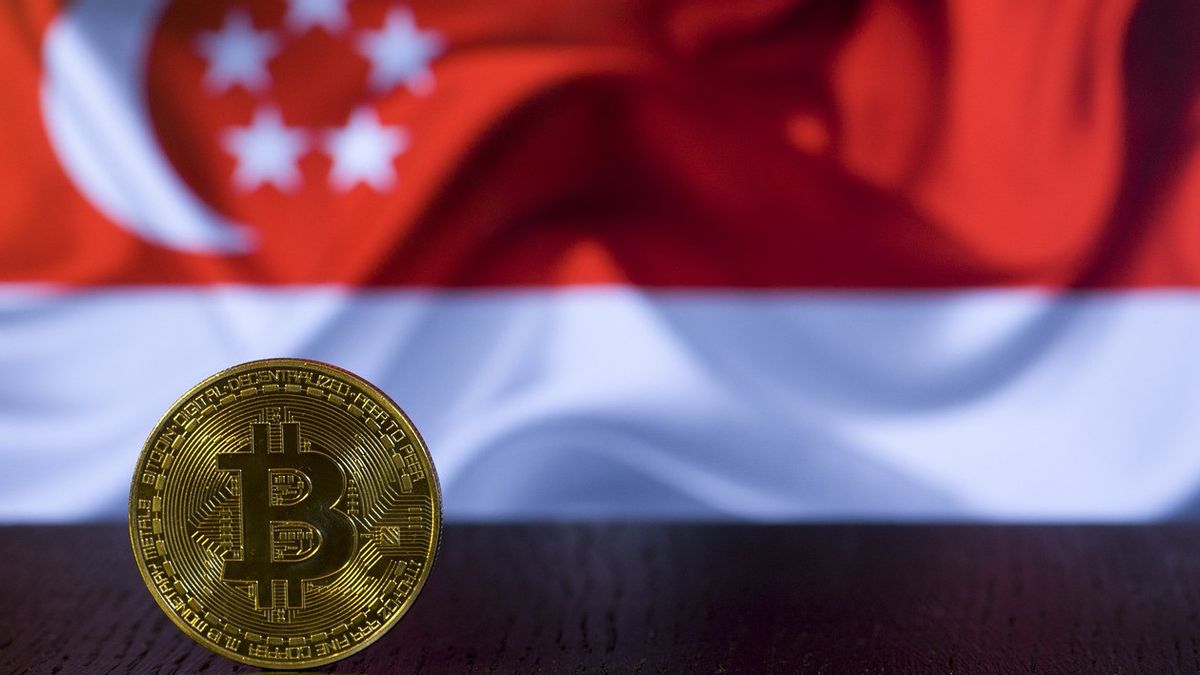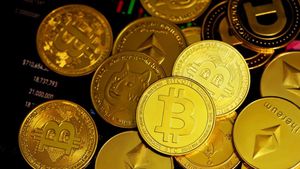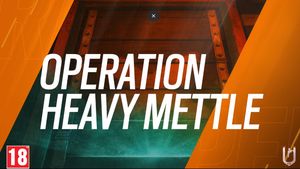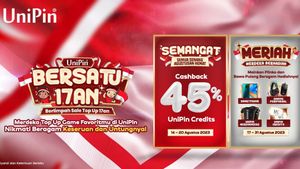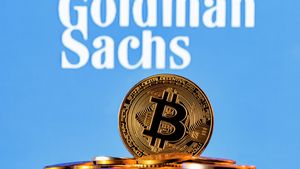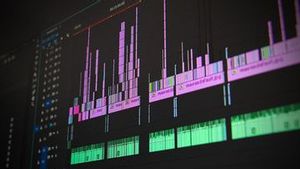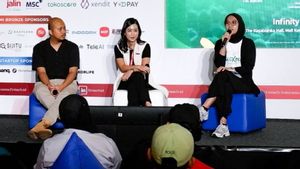JAKARTA - Singapore's central bank released a regulatory framework on Tuesday, August 15 aimed at strengthening the stability of a single currency-denominated stablecoin.
The regulatory framework will apply to non-bank publishers of stablecoins denominated by one currency tied to Singapore dollars or any G10 currency in circulation exceeding S$5 million, the Monetary Authority of Singapore (MAS) said.
These coins will be labeled as stablecoins regulated by MAS. The central bank must conduct legislative consultations before Parliament imposes an amendment that will implement this regulatory framework.
Stablecoins denominated by one currency are cryptocurrencies attached to traditional assets such as national currencies. Currently, only one stablecoin has been published in Singapore.
"When properly arranged to maintain stability in value, stablecoins can serve as a trusted medium of exchange to support innovation, including the purchase and sale of 'on-chain' digital assets," MAS said in a statement.
Last year, MAS pointed to "high-profile failures" such as the collapse of TerraUSD (UST) and Luna tokens, saying it "images the high risks involved in investing in cryptocurrencies".
اقرأ أيضا:
The United States is also working to regulate such coins, with the US House of Representatives' Financial Services committee advancing a bill to establish a federal regulatory framework last month.
Stablecoin publishers regulated by MAS must meet the requirements related to value stability, capital, redeemation at the pari value where the publisher must return the pari value of the stablecoin denominated by one currency to the holder within five working days after a request for pardon, as well as disclosure to the user about the audit results.
These regulations include requirements for publishers to maintain a backup asset portfolio "at very low risk". Reserve assets must be at least 100% of the total single-currency stablecoins in circulation.
They must also maintain a minimum base capital higher than 1 million Singapore dollars or half of annual operating costs.
The English, Chinese, Japanese, Arabic, and French versions are automatically generated by the AI. So there may still be inaccuracies in translating, please always see Indonesian as our main language. (system supported by DigitalSiber.id)
